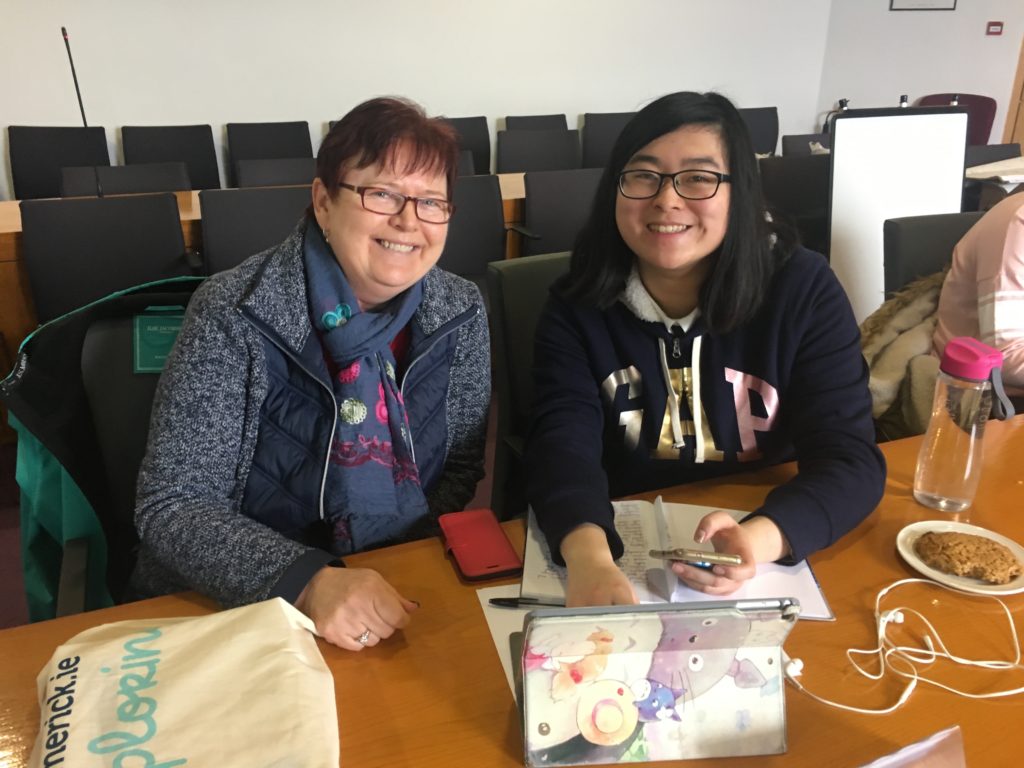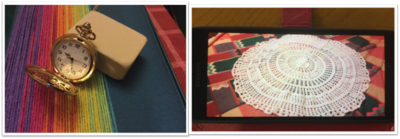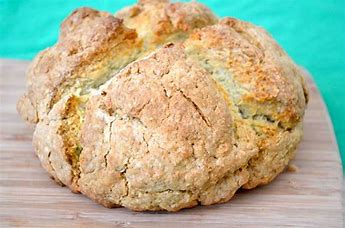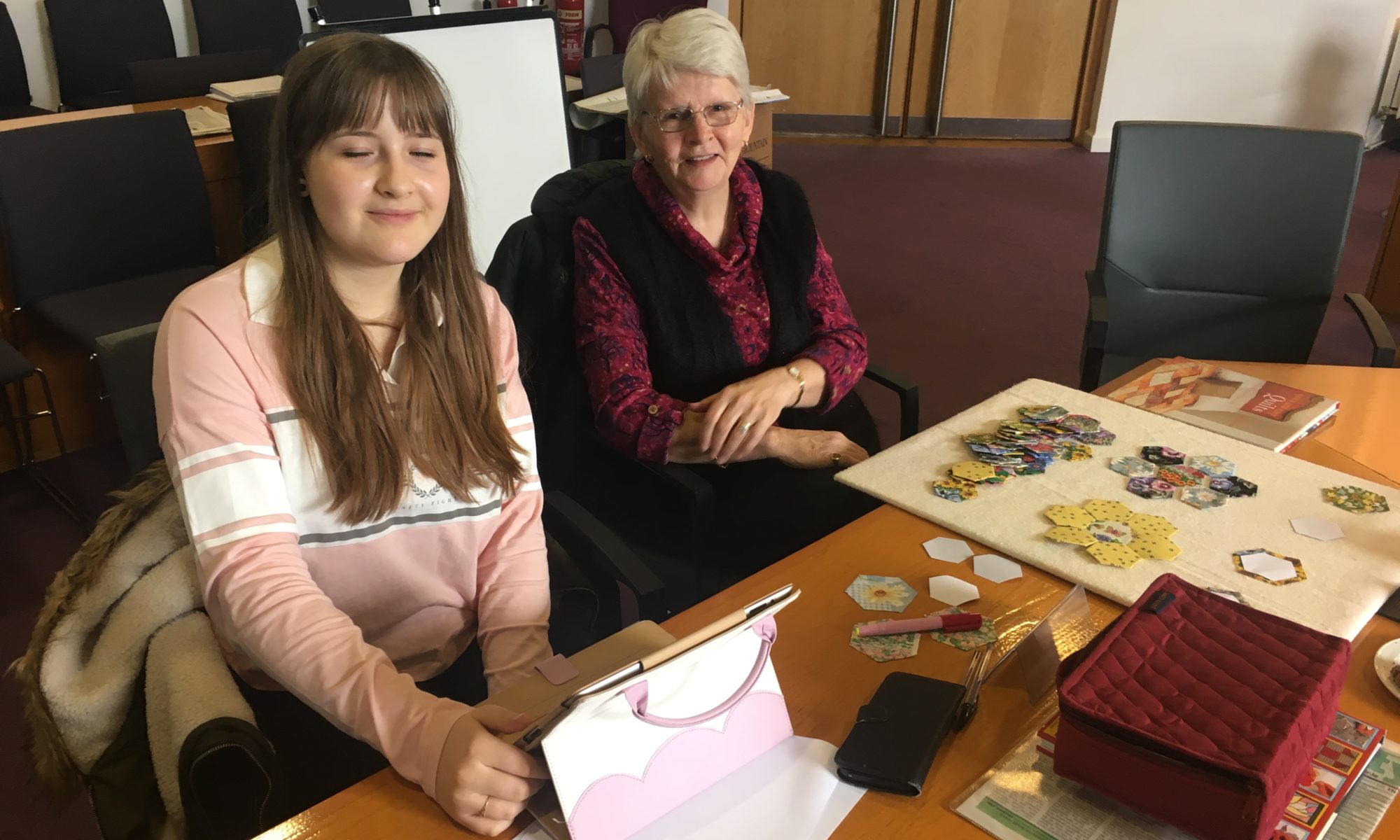Irish baking is one of the world’s great traditions. The main use of wheat throughout the ages has been to make bread. Bread is one of the oldest foods and has an interesting history.
Ireland
The oldest record of bread making found in Ireland has been from the Stone Age. In early history, grain was collected from wild grasses and crushed between two stones. This was then mixed with water to make dough and cooked on a baking stone over an open fire.This bread was course and flat as no raising agent was used. Later on, during the Iron Age, the baking stone was replaced by an iron griddle which continued to be used for traditional soda bread well into this century. A lot of advancements have been made since then but many Irish families still carry on the tradition of making bread at home.
For a quintessentially Irish treat, nothing beats a freshly baked, fluffy scone. Irish scones conjure images of a farmhouse kitchen, a wooden table and a pot of tea. They are utterly delicious!!
Recipe
What do you need to make scones:
350g Self Raising Flour- Pinch of salt - 50g Caster Sugar - 75g butter/ margarine - 300ml Milk (approx) - 1 free-range egg, beaten, to glaze (alternatively use a little milk)
How to:
Heat the oven to 220C/425F/Gas 7. Lightly grease a baking sheet. Mix together the flour and salt and rub in the butter. Stir in the sugar and then the milk to get a soft dough. Turn on to a floured work surface and knead very lightly. Pat out to a round 2cm/¾in thick. Use a 5cm/2in cutter to stamp out rounds and place on a baking sheet. Lightly knead together the rest of the dough and stamp out more scones to use it all up. Brush the tops of the scones with the beaten egg. Bake for 12-15 minutes until well risen and golden. Cool on a wire rack and serve with butter and good jam and maybe some clotted cream.








